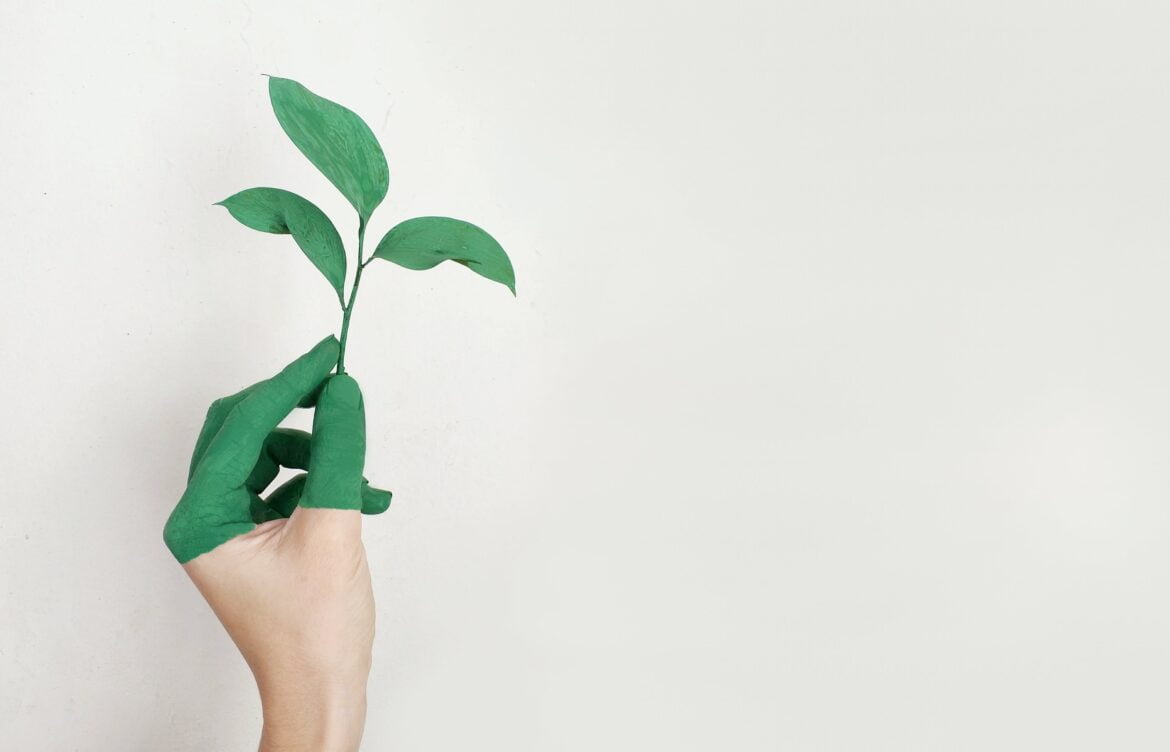The Abu Dhabi Department of Economic Development (ADDED) has shared a new circular economy framework aimed at accelerating Abu Dhabi’s transition towards a smart and sustainable economy.
The new framework, part of the Abu Dhabi Industrial Strategy’s (ADIS) six transformational programmes, will guide industrial businesses to use resources more responsibly by minimising waste and environmental impact while maximising the value and lifecycle of products and materials by utilising resources more efficiently.
The industrial circular economy policy framework, it shared, aims to achieve a 50 per cent reduction in industrial process waste, at least 40,000 tons annually, and will cover key sectors to ensure 100 per cent compliance by 2030, with 100 per cent compliance within the plastic manufacturing sector by 2025.
Commenting on this, His Excellency Ahmed Jasim Al Zaabi, Chairman of ADDED, said: “The pivotal role of the industrial sector in fostering sustainability underscores the need for a heightened commitment to implementing circular economy principles across all sectors. Abu Dhabi currently surpasses global averages in the re-use of industrial waste, and our progressive circular economy framework, coupled with other initiatives in various sectors, ensures we become a truly ‘Green Falcon Economy’.
“We are determined to deliver lasting change and ensure businesses in the Emirate adopt a more responsible approach to resource utalisation, integrate ESG principals into their operations, qualify and upskill talents, and embrace green procurement and technology. This strategic direction aligns with our overarching philosophy which places the human development and sustainability at the core of socio-economic strategies and plans.”
The Industrial Circular Economy Policy Framework, supervised by the Industrial Development Bureau (IDB), the ADDED’s arm to develop and regulate the industrial sector, is expected to be implemented in Q2-2024.
To encourage industrial entities to adopt the circular economy principles and polices, ADDED is also offering incentive schemes and arranging programmes to enhance awareness.
Specialised monitoring, reporting, and verification schemes, including audits, inspections, and enforcement, will be implemented to ensure all industries adopt circular economy practices.
The guidelines within the framework outline best practices and benchmarks for industrial entities and encourage circulatory practices in manufacturing governance structures.
The policy includes a 100 per cent scrap recovery and reuse in the metal and plastic industries, which will positively impact subsectors such as electronics, electricals, assembling products, machinery, fabricated metal products, and more.
As a regulatory requirement, the IDB will ensure 100 per cent compliance within the plastic manufacturing sector by 2025.



